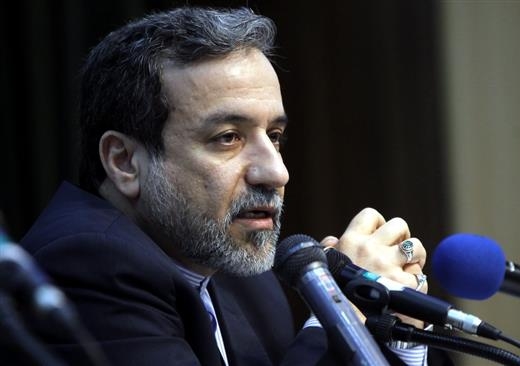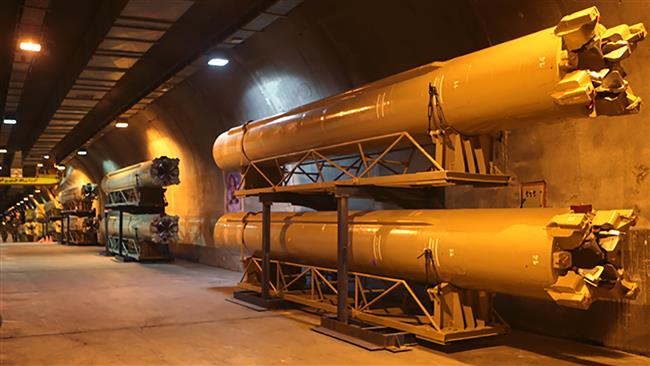“During the [nuclear] negotiations [with the P5+1 group of countries], we never allowed them to raise the issue of our country’s missile [program], because no wise individual will negotiate over his country’s security,” Iranian Deputy Foreign Minister for Legal and International Affairs Abbas Araqchi said in a televised interview Saturday night.
Referring to recent claims by the US and some European countries about Iran’s latest ballistic missile tests, the official said those countries have already brought up this issue at the UN Security Council twice, but have failed to make the body issue even a statement against Iran.
Araqchi stated that the US and the West frequently resort to the Security Council Resolution 2231 to call for a stop on Iran’s ballistic missile tests, adding, “The resolution calls upon Iran not to test or produce missiles which are capable of carrying nuclear warheads, but Iran has never developed missiles for this purpose.”
The Iranian deputy foreign minister reiterated that there is no evidence to show that Iran’s missiles are meant to carry nuclear warheads and therefore do not violate the Security Council Resolution 2231.
The Islamic Revolution Guards Corps (IRGC) successfully test-fired two ballistic missiles on March 9 as part of military drills to assess the IRGC’s capabilities. The missiles dubbed Qadr-H and Qadr-F were fired during large-scale drills, code-named Eqtedar-e-Velayat.
On March 8, Iran fired another ballistic missile called Qiam from silo-based launchers in different locations across the country.
On March 24, the US Treasury Department blacklisted two Iranian companies claiming that the firms backed Iran’s ballistic missile program. Washington also claimed that the companies are working for an industrial group, which the US alleges is in charge of Iran’s ballistic missile program.
Washington claims that Iran’s missile tests violate the UN Security Council Resolution 2231 that endorsed a nuclear agreement, known as the Joint Comprehensive Plan of Action (JCPOA), reached between Iran and the P5+1 group of countries – the five permanent members of the UN Security Council plus Germany – on July 14, 2015.
Iran, however, has repeatedly announced that the missile launches were not against the Security Council resolution.
Resolution 2231 (2015) provides for the termination of the provisions of previous Security Council resolutions on the Iranian nuclear program, and calls on Iran not to undertake any activity related to ballistic missiles designed to be capable of delivering nuclear weapons, including launches using such ballistic missile technology.

